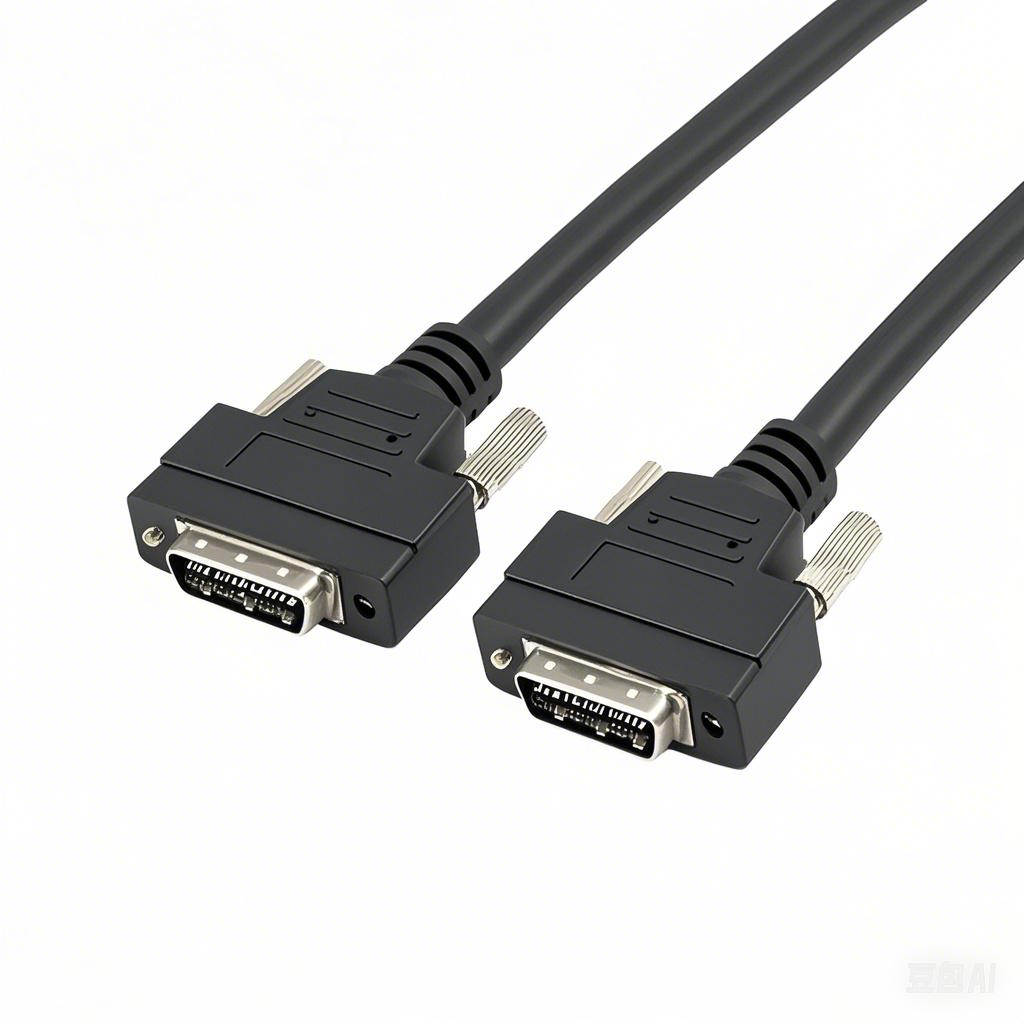Do machine cables come with certifications
Do machine cables come with certifications? For anyone involved in sourcing, installing, or maintaining industrial machinery, this is a critical question. The short answer is that most machine cables do come with certifications, and these certifications are far from being mere formalities—they play a vital role in ensuring safety, performance, and compliance.
Common Certifications for Machine Cables
Various certifications exist for machine cables, each tailored to specific regions, industries, or safety standards. Here are some of the most widely recognized ones:
UL Certification (Underwriters Laboratories): UL is a globally respected safety certification organization. Machine cables with UL certification have undergone rigorous testing to meet safety standards related to fire resistance, electrical insulation, and mechanical durability. This certification is highly valued in North America and many other parts of the world.
CE Marking: The CE mark is mandatory for products sold within the European Economic Area (EEA). For machine cables, CE marking indicates compliance with essential health, safety, and environmental requirements set out in European directives, such as the Low Voltage Directive and the Machinery Directive.
CSA Certification (Canadian Standards Association): Similar to UL, CSA certification is prominent in Canada. It ensures that machine cables meet Canadian safety standards, covering aspects like electrical performance and resistance to harsh environments.
ATEX Certification: This certification is crucial for machine cables used in potentially explosive atmospheres, such as in the oil, gas, and chemical industries. ATEX-certified cables are designed to prevent ignition sources that could trigger explosions.
IEC Standards Compliance: The International Electrotechnical Commission (IEC) develops international standards for electrical equipment, including machine cables. Compliance with IEC standards ensures that cables meet uniform global benchmarks for performance and safety.
Why Certifications Matter
Certifications are not just about meeting regulatory requirements—they directly impact the reliability and safety of machine cables in industrial settings.
Safety is the top priority. Certified machine cables are tested to withstand the stresses of industrial environments, reducing the risk of electrical faults, short circuits, and fires. This protects both workers and equipment.
Performance is another key factor. Certifications verify that cables can perform as intended under specific conditions, such as temperature extremes, moisture, and mechanical stress. This ensures consistent operation of machinery, minimizing downtime and maintenance costs.
Compliance with local and international regulations is essential for businesses. Using uncertified cables can lead to legal issues, fines, or even the shutdown of operations. Certifications provide proof that the cables meet the necessary standards, helping companies avoid these problems.
How to Check for Certifications
When purchasing machine cables, it’s important to verify their certifications. Here are some ways to do so:
Look for certification marks on the cable itself or its packaging. UL, CE, CSA, and other certifications are usually clearly marked.
Request documentation from the supplier. Reputable suppliers should be able to provide certificates or test reports that confirm the cable’s compliance with specific standards.
Check the manufacturer’s website. Many manufacturers list the certifications of their products online, making it easy to verify before purchasing.
In conclusion, machine cables typically come with certifications, and these certifications are essential for ensuring safety, performance, and compliance. When selecting machine cables, always check for the relevant certifications to make informed decisions that protect your operations and personnel.











